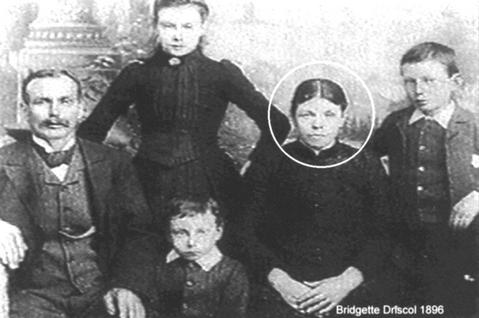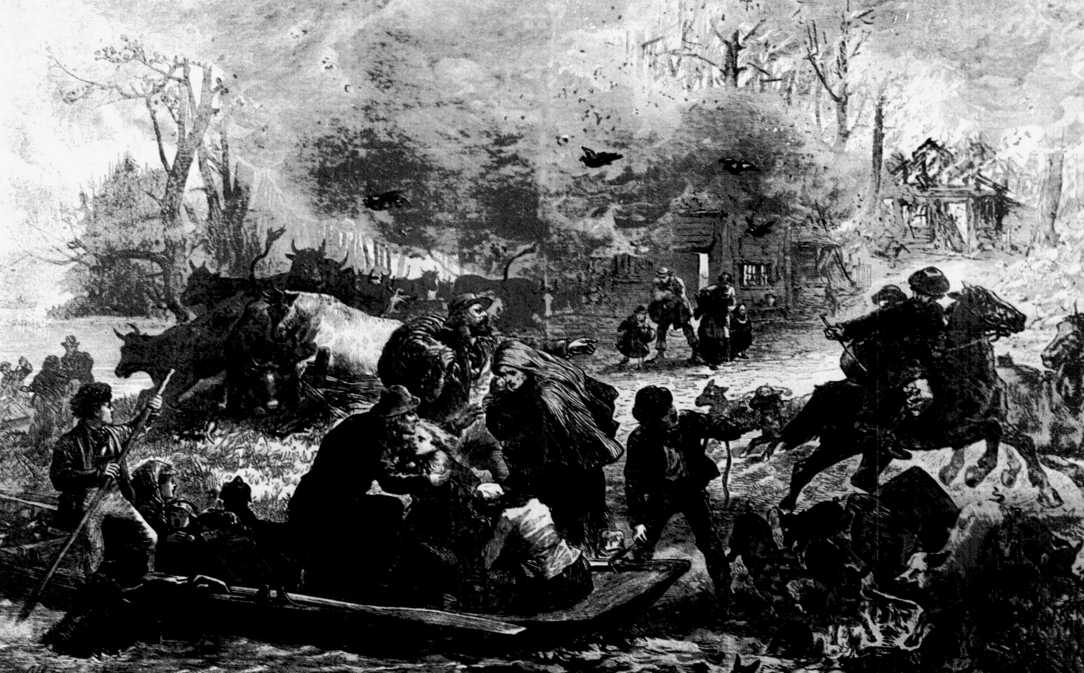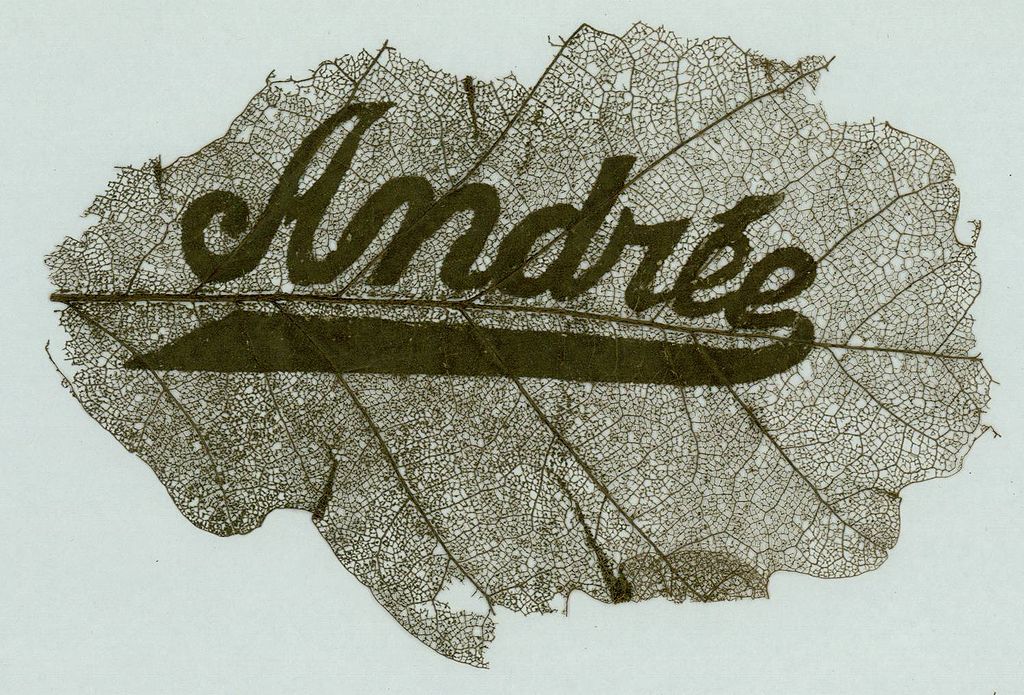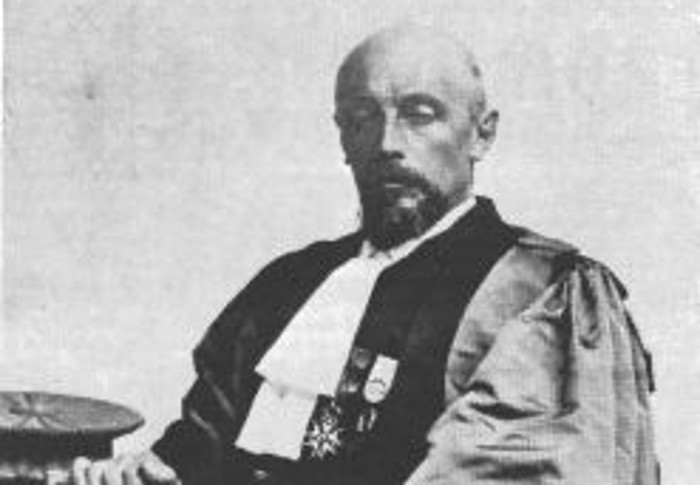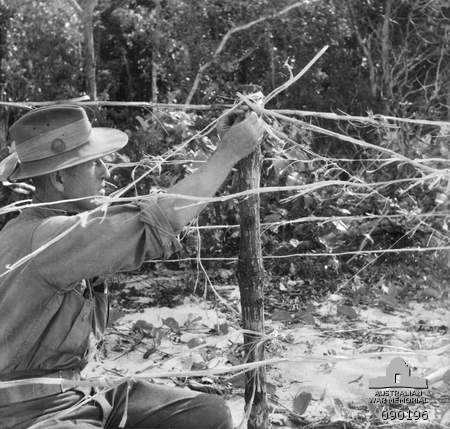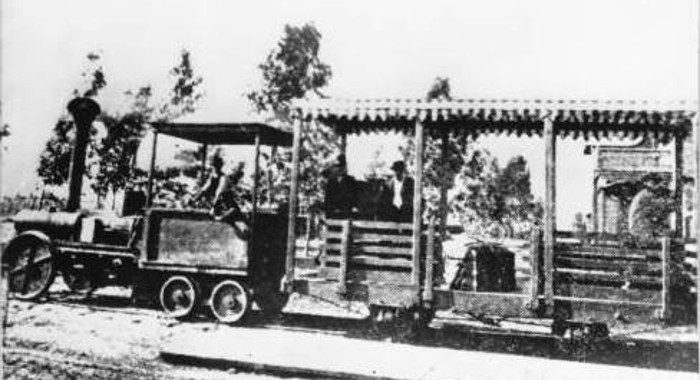
On its first day of service in 1882, a horse-drawn tram in Wilmington, Calif., broke its wooden rails, forcing the male passengers to push the car to the next sound section of track. After this it was known as the Get Out and Push Railroad.
A steam engine three years later did little better: “The little engine was a very primitive affair. It was so constructed that it had to be started with a metal bar, and was covered with a wooden jacket which used to catch fire when the boiler was hot enough to make a good steam. Then, since the water in the boiler had to be used to extinguish the fire, the steam would go down and the engine refuse to run … It ran fairly well on level ground, but on a rise it was apt to stop entirely till the male passengers got out and applied the iron bar with considerable force.”
So the line kept its name. “When the railroad is completed,” carped the Los Angeles Weekly Mirror, “some of the citizens suggest that the horse rail-way be continued in operation for the benefit of those who may be in a hurry.”
(Franklyn Hoyt, “The Get Out and Push Railroad,” Historical Society of Southern California Quarterly 33:1 [March 1951], 74-81.)


